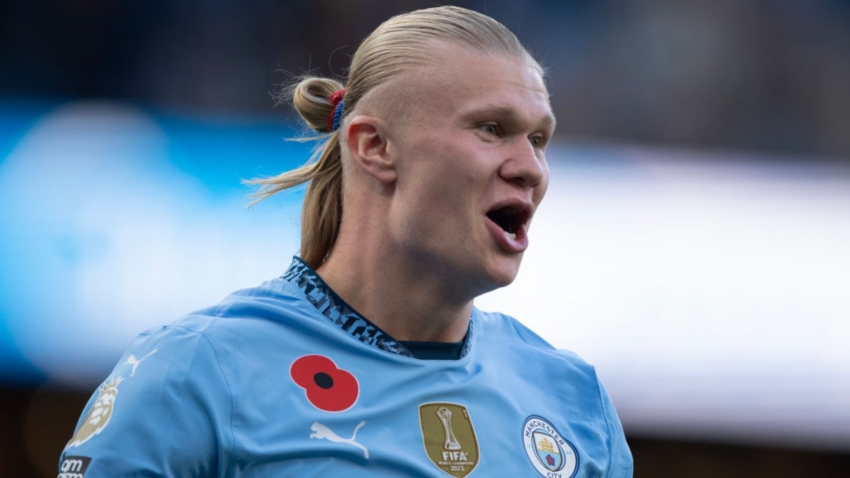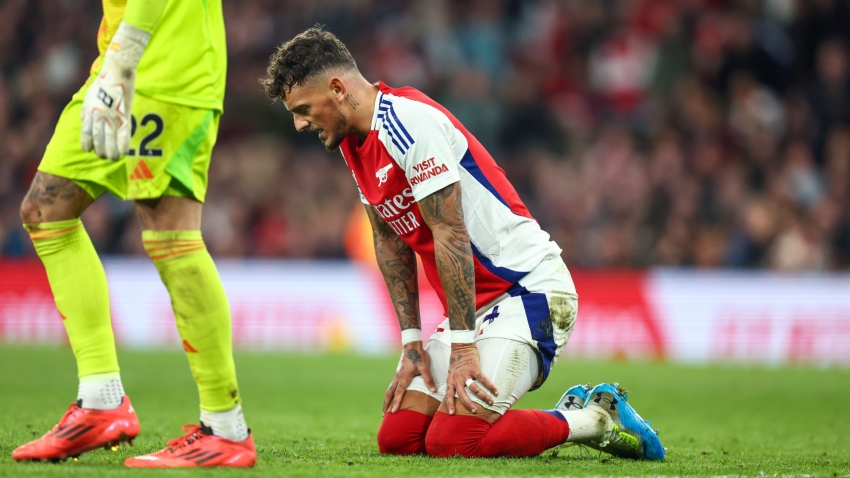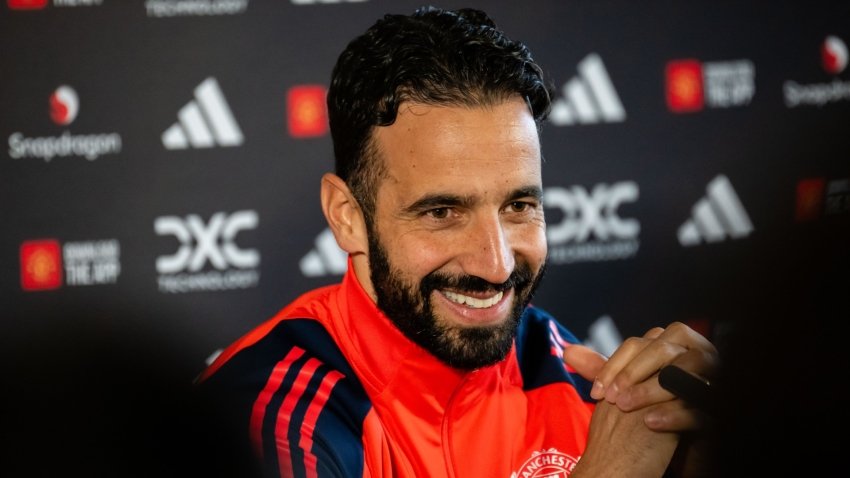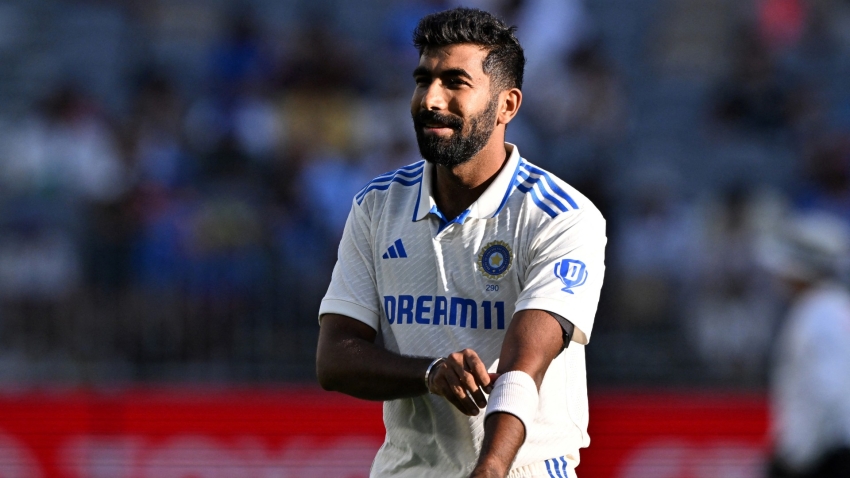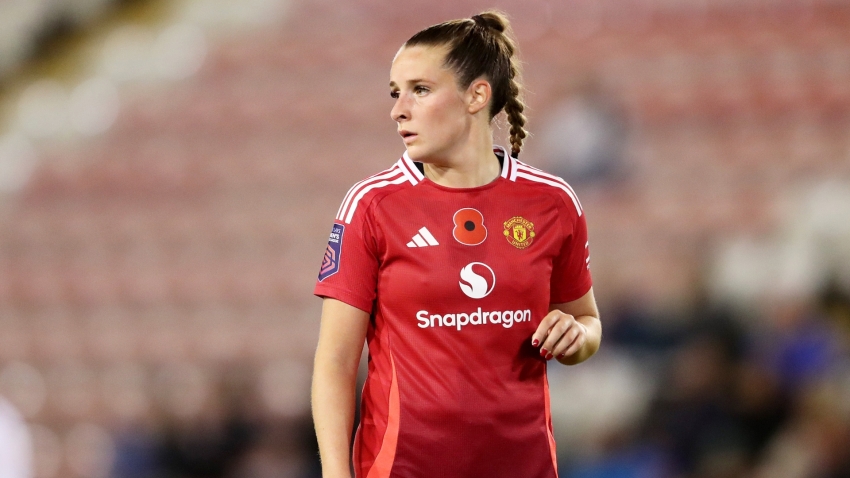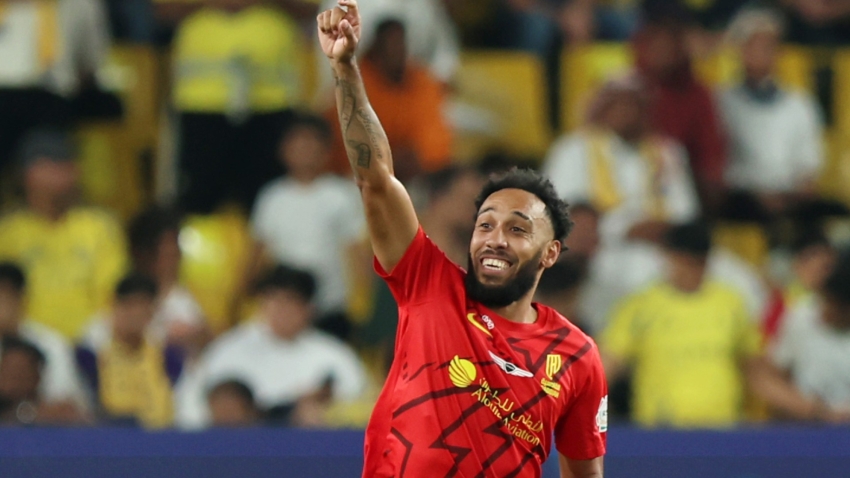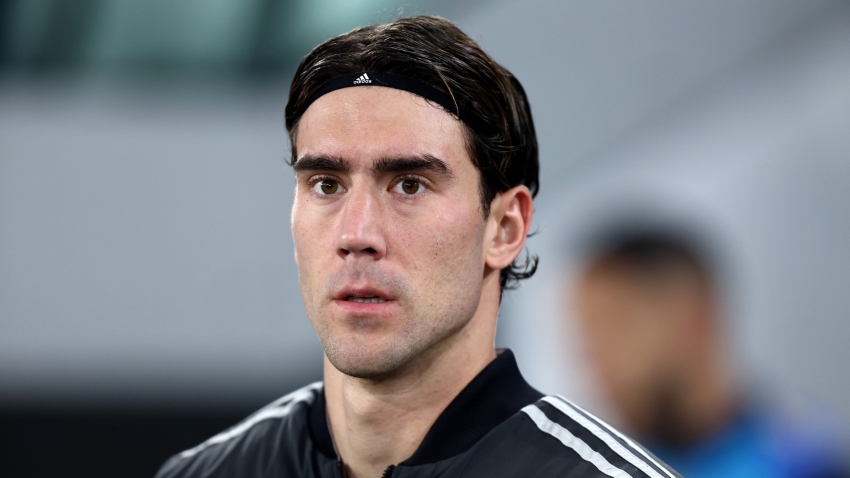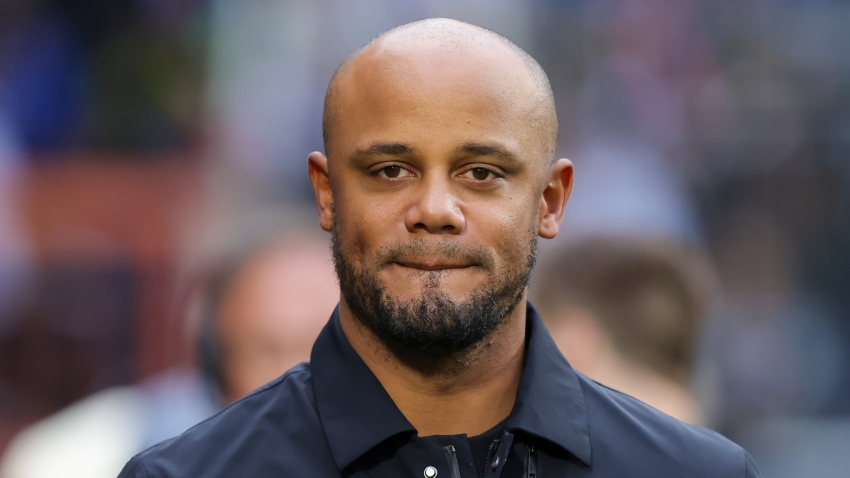The new England blind team and an in-the-works cerebral palsy side are part of what the Football Association has described as a “hugely exciting” current picture in terms of women’s para football.
In its ‘Football Your Way’ disability plan launched in October 2021, the FA stated its aim of fielding two new England women’s teams – blind and CP.
The former, who had their first official training camp at St George’s Park a year ago, are currently preparing for a first world championships this summer, and the hope regarding the latter, with a building process ongoing, is that a side will be established “in the next couple of years”.
Meanwhile, the FA last month announced it was switching focus and funding for the national deaf women’s team from 11-a-side to futsal, and players – having become European champions last year in that format – working towards the World Deaf Futsal Championships that take place in Brazil in November.
On the overall picture, Catherine Gilby, who has been the FA’s head of para performance since January 2022 after more than a decade with British Para-Swimming, told the PA news agency: “It is hugely exciting.
“I think probably historically it’s not necessarily been an option maybe that would have been at the forefront for a young girl with a disability, in terms of pulling on an England shirt. But I do think that’s a reality now.
“We do face a challenge in that space where we’ve got big competition from other para sports. I think that plays heavily, on the female side in particular.
“There’s a bit of education and raising awareness I think we need to do in order to redress the balance. I think it’s not always the first choice at the moment – and we’ve got to change things around so that it’s a choice that any girl with a disability has.”
The blind team are set to be involved in the International Blind Sports Federation World Games taking place in Birmingham in August, and Gilby said of the event: “For the first time, I think we have eight teams competing on the women’s side of things.
“Because of where they (England) are in their journey, it’s a real learning experience for them and I think we’ll have a much better gauge not only of where they’re at, but also where the world scene is at.”
While Gilby says it would not yet be possible to field a full CP team “of sufficient level”, six players took part in a training opportunity attached to a World Cup in Barcelona last year, and she added: “Some of our biggest focus at the moment is working with grassroots teams to make sure we’re supporting opportunity for female CP players to play.
“Then they also feed into our talent hubs and pathway where ultimately we’re confident we can develop them… in order to then field a team. I think in the next couple of years we will have one, but it’s very dependent on getting numbers through the door, which sits with our talent ID team.”
The FA’s switch in terms of the deaf team comes after England in October – a few months on from the historic European Championship success of Sarina Wiegman’s Lionesses – triumphed at the deaf futsal Euros in Italy.
England pivot Zara Musker, the tournament’s top scorer, told PA: “It was one of the best experiences of my life and a way of us saying we have got the players here.
“If we can self-fund and win European Championships, then it’s massive for what’s to come. The team’s fantastic, we all work for each other, and it’s just fortunate I’m on the end of the goals.
“Having Maisie (O’Shea, who also plays for London City Lionesses) is just massive for our pathway – if you have an 18-year-old getting into the best team in Europe, can you imagine what she’s going to be like when she gets to my age of 26?”
There is also an England powerchair side that is currently all-male but can be mixed gender – Gilby has said there is “work for us to do at grassroots level to get more females involved”.









